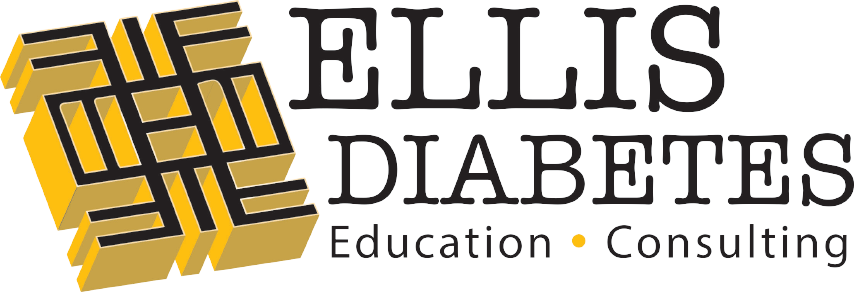How SMART are your 2021 Goals | Goal Setting for Nurse Practitioners
Hey guys! We are at the top of 2021 and like years before, many people are looking to establish new habits. One of the ways this is done is through Goal Setting. Now setting goals for our personal life is important but did you know it is beneficial for nurse practitioners to set goals as well? I think it goes without saying that we assist our patients with setting reasonable goals, in fact, in early 2020 I created content and resources to help our patients with diabetes as well our clinics set goals that would yield better patient outcomes. Today though, I would like to focus on the importance of goal setting and how to establish strong goals that will bring you the desired outcome.
The Importance of Goal Setting
So why is goal setting important? Well, goal setting gives the person with diabetes something to work towards. Goal setting, if done effectively, gives the person an action plan. This action plan can later be monitored and evaluated for progress.
Establishing Goals
Before going about establishing goals, the nurse practitioner should do a thorough assessment. Take time to sit down with your patient to hear what is important to them. What are their expectations? What is their end goal? Starting with a good assessment will guide your goal setting.
A Common Way to Set Goals
A common way to set goals is using the SMARTER Goal Method. This method is not exclusive to just healthcare but is widely used across industries. SMART Goals aid with behavioral change. Behavioral change leads to lifestyle change and lifestyle change leads to desired outcomes…BETTER PATIENT OUTCOMES! So what are SMARTER Goals…
Specific - Be specific with your goal. What is the what, why, how?
Measurable - Part of effective goal setting is being able to measure it. How will you measure if the goal was achieved?
Attainable - Is this something that the patient can reasonably achieve? Though the goal should have a level of challenge, it should still be feasible for the patient.
Relevant - Is the goal relevant to the patient? Is it necessary for the patient to achieve this in regards to their diagnosis?
Time-Bound - Each goal should have a time limit. We do not want the goal to continue until the end of time and if you can’t put a time limit on the goal then that is an indicator that you should re-evaluate the goal. Maybe you should simplify the goal and break it down more digestive pieces.
Evaluation - Evaluation is CRUCIAL! Take time to evaluate the effectiveness of the goal. Did we reach the goal? How was the difficulty? Is the goal still appropriate?
Readjust - After evaluation, adjust your goals as needed. Again, should we simplify the goal? Change the time or frequency?
Learning Objectives vs. Behavioral Objectives | Term Distinction
Goal
-Your goal is the overall outcome. Start with the end in mind and what does that look like?
Learning Objectives
-This is the knowledge, skills, or facts that the patient should learn. I look at this as the beginning of the goal setting and the beginning of learning.
Behavioral Objectives
-Here is where a person will apply what they have learned from above. This is where an action occurs, where the lifestyle change begins.
To learn more about SMARTER Goals and the importance of setting goals, check out my latest video and snag the FREE GOAL SETTING WORKBOOK below. In the workbook, I walk you through the process I use to set concise and effective goals personally & professionally.







